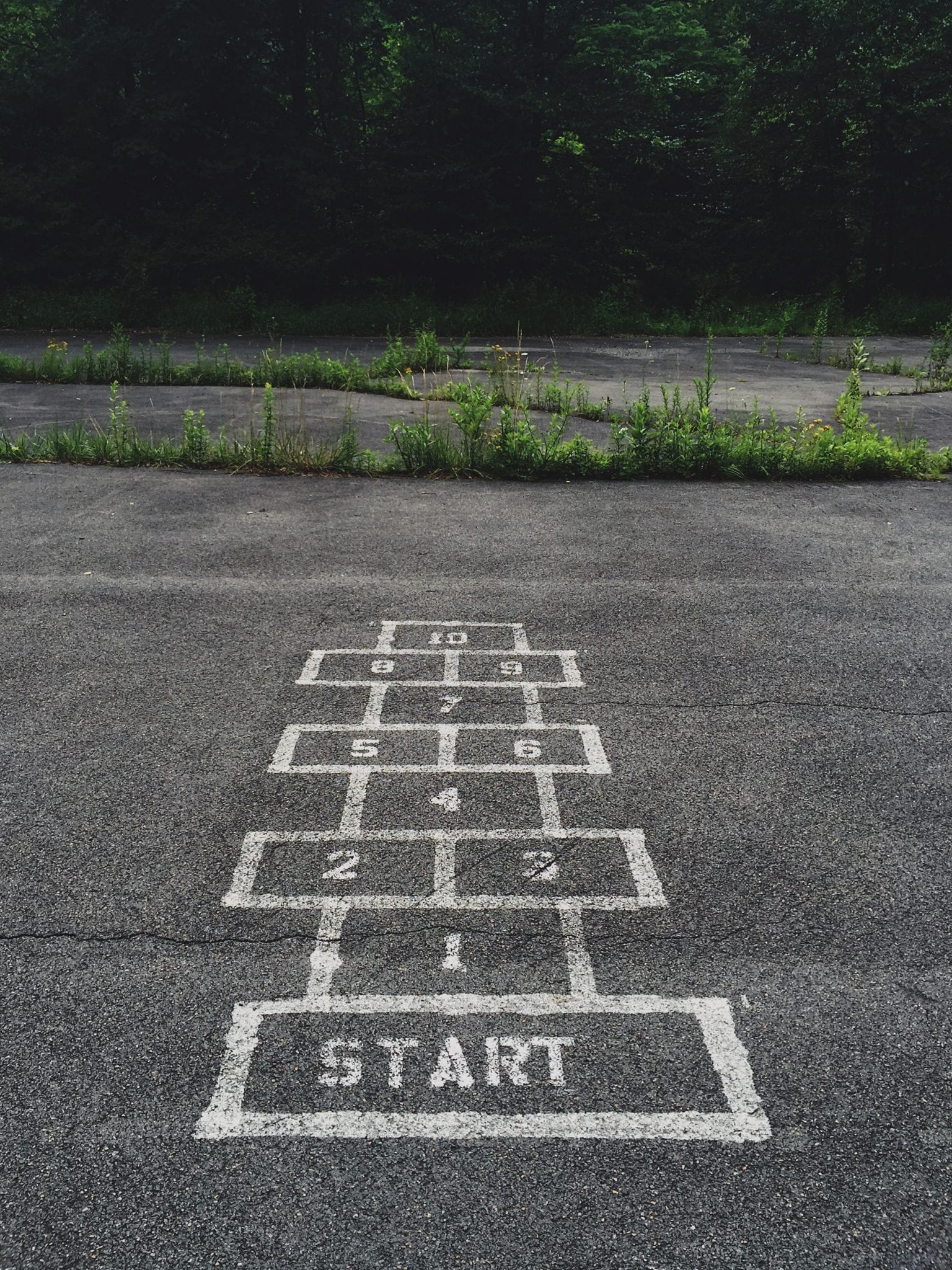Would you like to know how you can help your child have a smooth transition to school?
Starting school for the first time is a significant milestone for both children and their parents. The transition to school signifies the end of kindergarten or childcare, a place where young children often feel very safe and secure, and the beginning of something new that is often unfamiliar and unknown. It’s no surprise therefore that children starting school often experience a mixture of emotions from sadness to be leaving their pre-school setting to excitement at starting at school.
Differences between pre-school and school
Ensuring that your child has a successful transition to school is about much more than just making sure they have the necessary pre-academic skills. The transition to school involves managing a series of changes and potential challenges. There will be significant differences between your child’s current setting and their new school, including:
- Physical environment (i.e., the size of the playground, number of students, classroom and school buildings, location and types of toilets, older children in the playground, number of teachers);
- Rules and procedures (i.e., structured times for eating, knowing rules in different places such as the classroom and the playground, lining up, putting up your hand when you wish to speak);
- Relationships (i.e., meeting new children and adults, responding to children of different ages, getting to know a range of teachers for different subjects and from different grades)
- Learning (i.e., more formal learning experiences, structures times and set tasks, increasing independence).
Most children adapt to these changes and differences well and parents and carers can help prepare them in advance to ensure the transition runs as smoothly as possible and that your son or daughter has a positive start to school.
A good indicator as to how your son or daughter will adapt to school is how they have reacted to changes in the past, as this can help inform you how to best support them during future changes and the transition to school. Did your son or daughter experience stomach aches, need reassurance, or become quiet and clingy? Or were they excited and energetic, ask lots of questions and want lots of information, or jump into the new situation with confidence?
Following are some tips that can help you and your child make the most of their first school experience:
1. Encourage Independence
Before starting school, you can encourage your child to improve their independence by helping them practice the following skills:
- Packing and carrying their own school bag;
- Dressing themselves and putting on their shoes;
- Eating and drinking without help;
- Preparing and packing their lunchbox;
- Going to the toilet on their own;
- Using tissues to blow their nose;
- Looking after their belongings;
- Making decisions (e.g., “Would you like an apple or a banana in your lunchbox today?”).
It is important for parents to validate their child’s attempts to do things independently, and to allow them to try and do things by themselves instead of stepping in and doing it for them.
2. Implement Daily Routines
To help prepare your child for school, it is important to establish a good home routine which includes:
- Going to bed early;
- Waking up at a certain time – leave plenty of time to get ready;
- Having a healthy breakfast – important for concentration and energy;
- Preparing and eating lunch;
- Making time for physical activities;
- Finishing and packing up before you move onto something else.
3. Assist with Separation Anxiety
If your child experiences separation anxiety, think about what will help them to separate comfortably from you at drop-off. Do they have a favourite toy that they can take with them? Or perhaps a picture of you that they can carry in their pocket? It may also be useful to develop a positive goodbye routine (e.g., a high five and a hug) and let your son or daughter know what time and where you will pick them up from. Make sure to avoid lengthy goodbyes that could increase separation distress, and always talk positively and with great enthusiasm about school with your child.
The first day of school can also be an overwhelming day for parents, and it is also important to make sure you take care of your own emotions. If you think that you will be anxious about your child starting school, you might like to organise a coffee date with a friend immediately after drop-off or schedule a workout or relaxing activity the night before school starts. Remember that if you are anxious, your child will pick up on that nervous energy and it will make the separation more difficult.
4. Develop Friendships and Social Skills
A positive start to school can be predicted by certain skills, including social competence, coping skills, problem-solving and help-seeking, and independence and self-care skills. Ways that you can help your son or daughter continue to develop social skills in the lead-up to school include:
- Teaching your child how they can introduce themselves to other children;
- Encourage sharing and turn-taking through board and card games;
- Provide guidance when your child is making new friendships;
- Involve your child in conversations to help them learn the rules of communication (i.e., waiting for a turn, listening skills, and how to express their ideas);
- Help your child learn to manage their emotions by helping them to recognise, label, make sense of and manage their emotions.
If you have any concerns about your child’s social and emotional development, you may like to consider working with a psychologist and follow an evidence-based program to improve your child’s social skills.
At Vida Psychology we have highly trained and experienced Child and Adolescent Psychologists who can assist with transitioning to school and any other concerns regarding your child’s wellbeing. You can contact us on 9328 8200, appointment@vidapsychology.com.au

